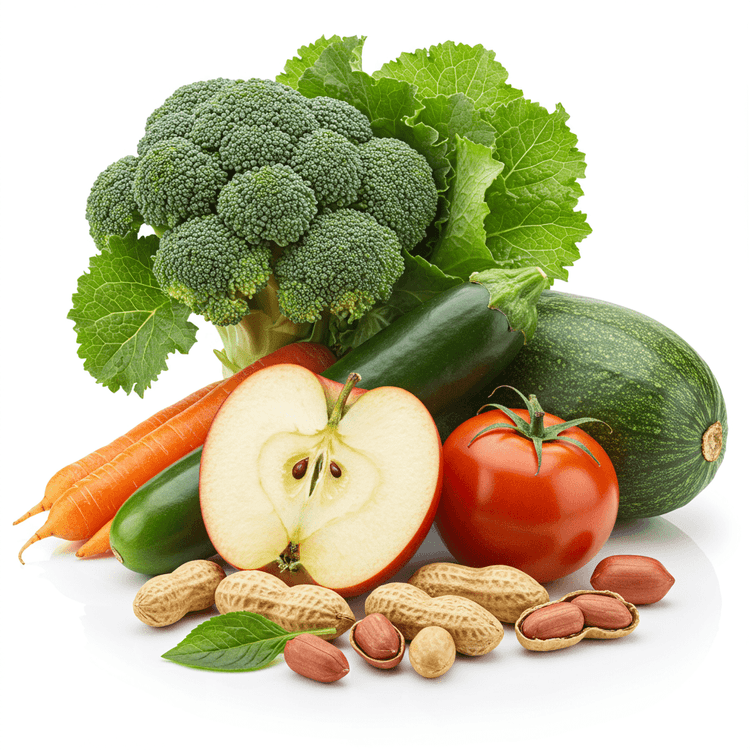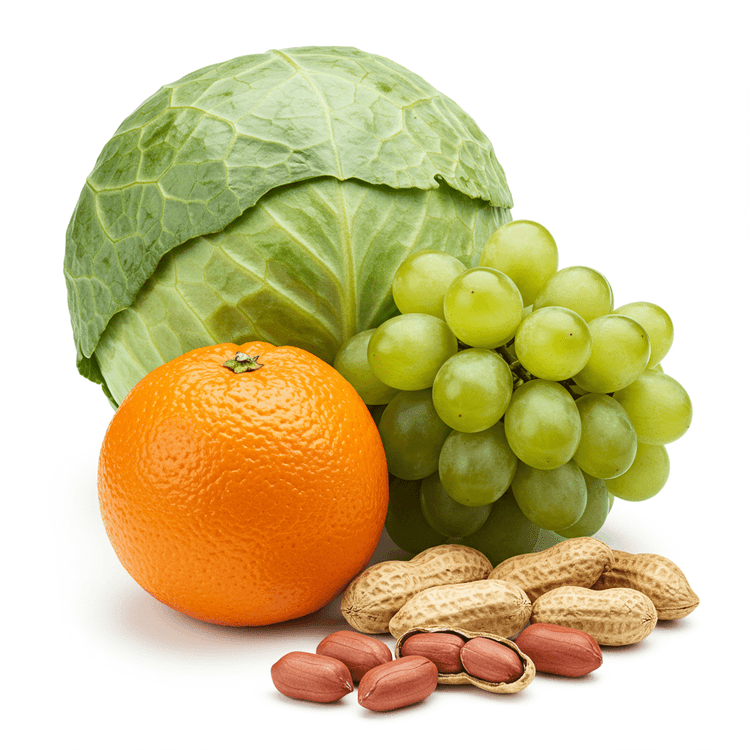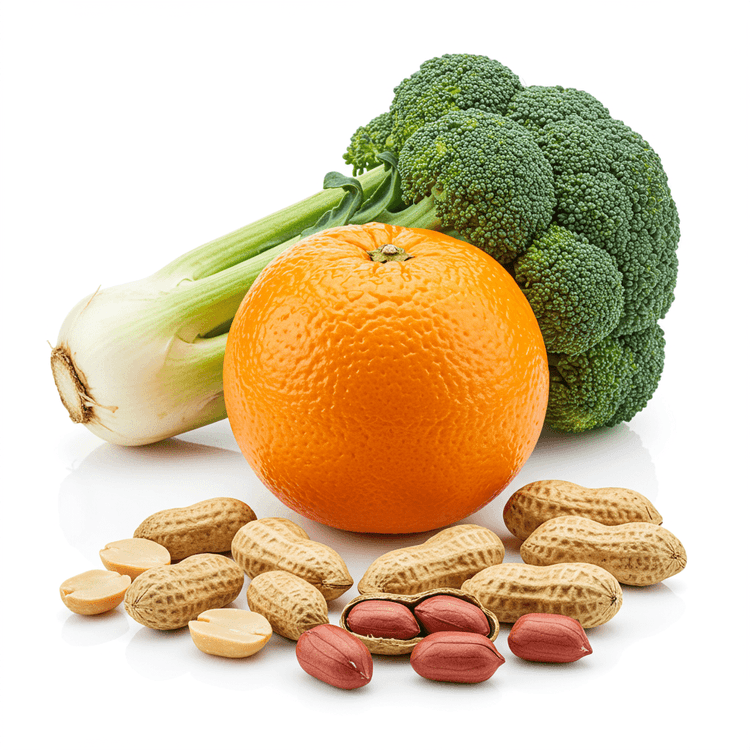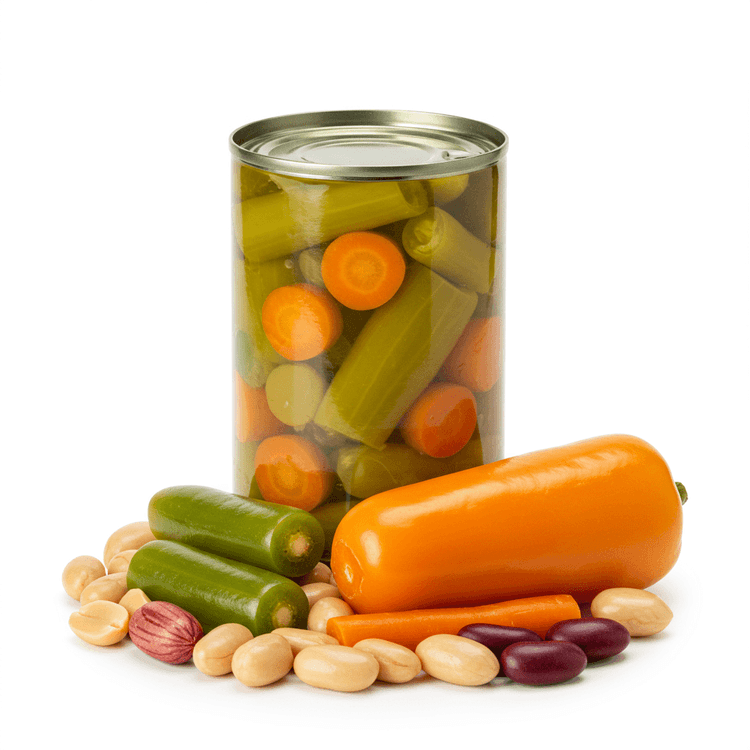
Mixed Vegetable
Mixed vegetables offer a convenient and nutritious blend of various vegetables, often including carrots, peas, green beans, and corn. The flavor profile is a combination of sweet, earthy, and slightly grassy notes, depending on the specific vegetables included. The texture is typically a mix of tender and slightly firm pieces, providing a pleasant mouthfeel. Visually, mixed vegetables present a colorful medley of greens, oranges, and yellows, making them an appealing addition to any dish. They are a versatile ingredient perfect for quick meals and provide essential vitamins and minerals. Look for pre-cut or frozen mixed vegetable options for added convenience, or create your own custom blend with your favorite fresh vegetables.
Common Uses
- Use frozen mixed vegetables as a quick and easy side dish; simply steam, microwave, or sauté them with a little butter and seasonings for a simple and nutritious addition to any meal.
- Add mixed vegetables to soups and stews to boost their nutritional content and add color and texture; they blend well in hearty vegetable soups, chicken noodle soup, or beef stew.
- Incorporate mixed vegetables into casseroles and pot pies for added flavor and nutrients; they complement creamy sauces, savory fillings, and flaky crusts perfectly.
- Stir-fry mixed vegetables with your favorite protein and sauces for a quick and healthy weeknight meal; add soy sauce, ginger, and garlic for an Asian-inspired dish.
- Mix cooked mixed vegetables into pasta salads with a vinaigrette dressing or creamy sauce for a refreshing and colorful side dish or light lunch.
- Use mixed vegetables to make a simple frittata or omelet, providing a healthy and filling breakfast or brunch option that's packed with vitamins.
Nutrition (per serving)
Nutrition (per serving)
Calories
85.0kcal (4.25%)
Protein
3.0g (6%)
Carbs
20.0g (7.27%)
Sugars
8.0g (16%)
Healthy Fat
0.4g
Unhealthy Fat
0.1g
% Daily Value based on a 2000 calorie diet
Nutrition (per serving)
Calories
85.0kcal (4.25%)
Protein
3.0g (6%)
Carbs
20.0g (7.27%)
Sugars
8.0g (16%)
Healthy Fat
0.4g
Unhealthy Fat
0.1g
% Daily Value based on a 2000 calorie diet
Health Benefits
- Rich in vitamins and minerals, supporting overall health and well-being.
- High in dietary fiber, promoting healthy digestion and regularity.
- Contains antioxidants that help protect against cell damage and chronic diseases.
- Low in calories and fat, making it a healthy choice for weight management.
- Provides a variety of phytonutrients, offering potential anti-inflammatory benefits.
- Supports a healthy immune system due to the diverse range of nutrients.
Substitutes
Chefadora AI is here.
Experience smarter, stress-free cooking.
Storage Tips
Mixed vegetables are best stored in the refrigerator to maintain their freshness and prevent spoilage. Place them in a sealed container or a resealable plastic bag, ideally after blanching them briefly. Blanching helps preserve their color, flavor, and nutrients. For longer storage, mixed vegetables can be frozen. Spread them out on a baking sheet to freeze individually before transferring them to a freezer-safe bag or container to prevent clumping. Properly stored, they can last for several months in the freezer.
Marnirni-apinthi Building, Lot Fourteen,
North Terrace, Adelaide, South Australia, 5000
Australia



